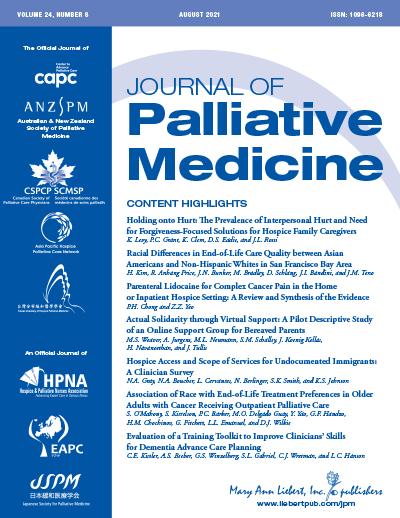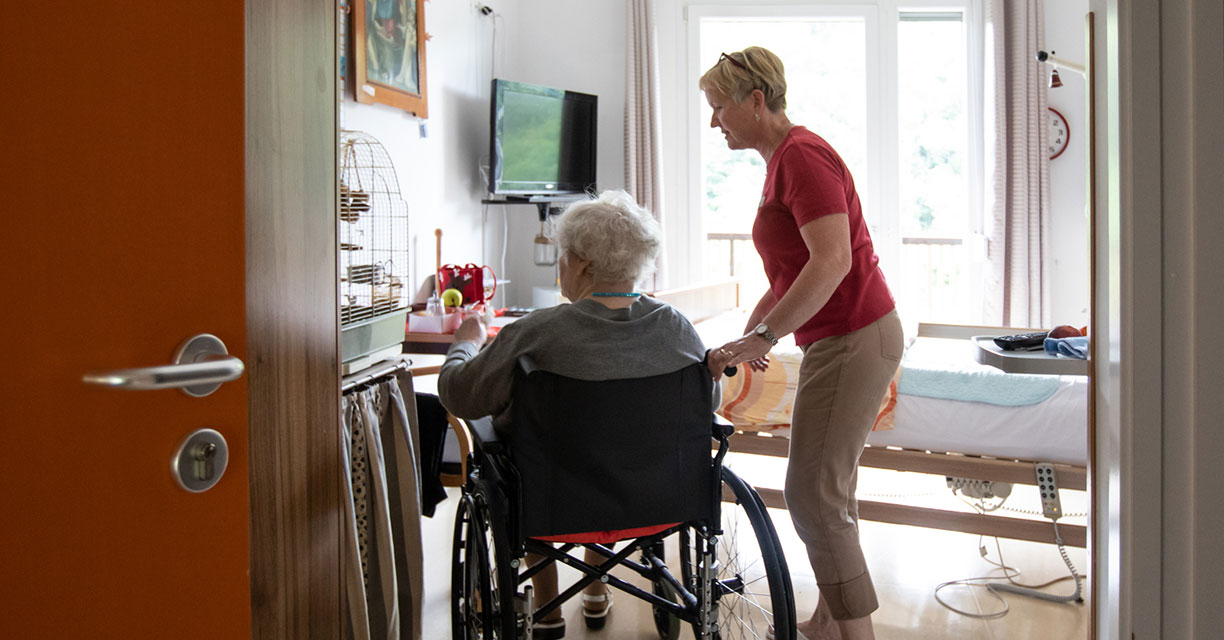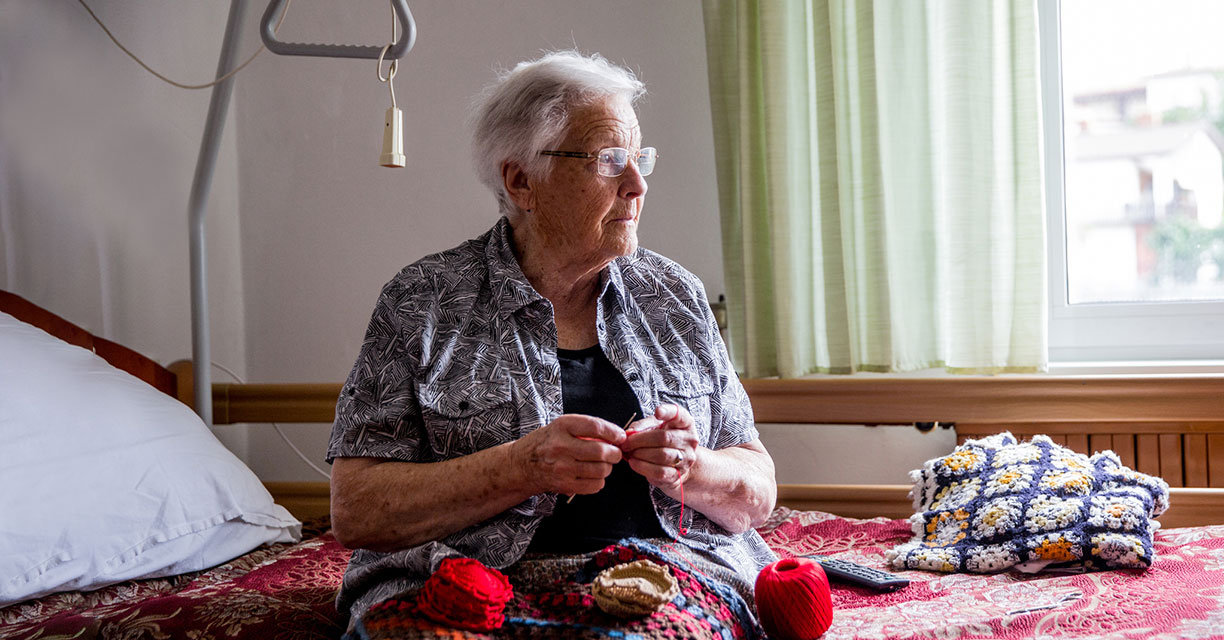Headline
Synthesis of studies on effective home-based palliative care emphasizes essential elements for creating a quality program.
Context
Most research to date on home-based palliative care has focused on clinical, cost, and utilization outcomes. This study identified shared components across effective models that can be used to inform the design of quality home-based palliative care programs. The authors reviewed five quantitative and qualitative studies of successful programs, patient and caregiver perspectives, and views of palliative care providers.
Findings
The six components that were common across successful home- and community-based palliative care models included: (1) integrated teamwork with open communication; (2) management of pain and physical symptoms; (3) holistic management of nonphysical and physical symptoms; (4) caring, compassionate, and skilled providers; (5) timely and responsive care; and (6) patient and family preparedness. Although these elements were consistent across programs, successful implementation requires tailoring for local community contexts and resource availability.
Takeaways
Incorporating these six elements into the design of home-based palliative care can help organizations implement programs that ensure a positive experience for patients and caregivers. Flexibility in implementation will allow organizations to make sure programs are successful in their local contexts.




